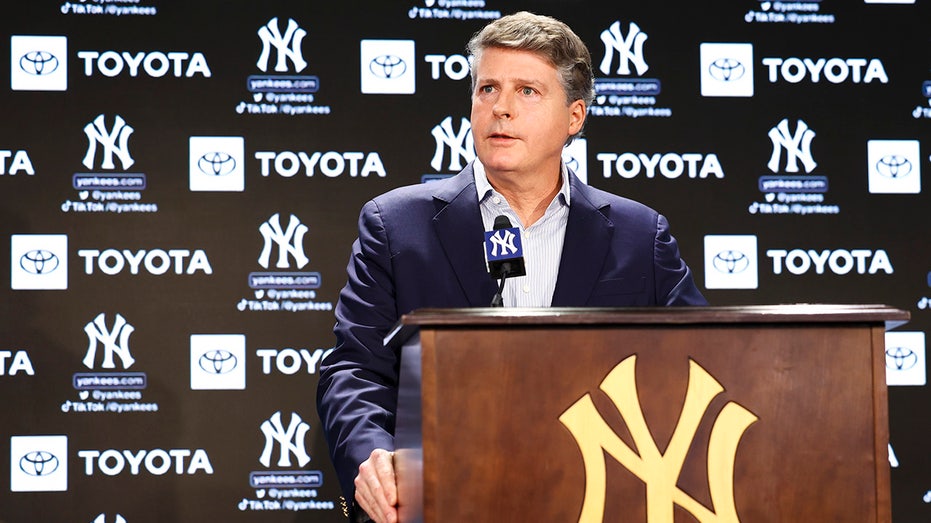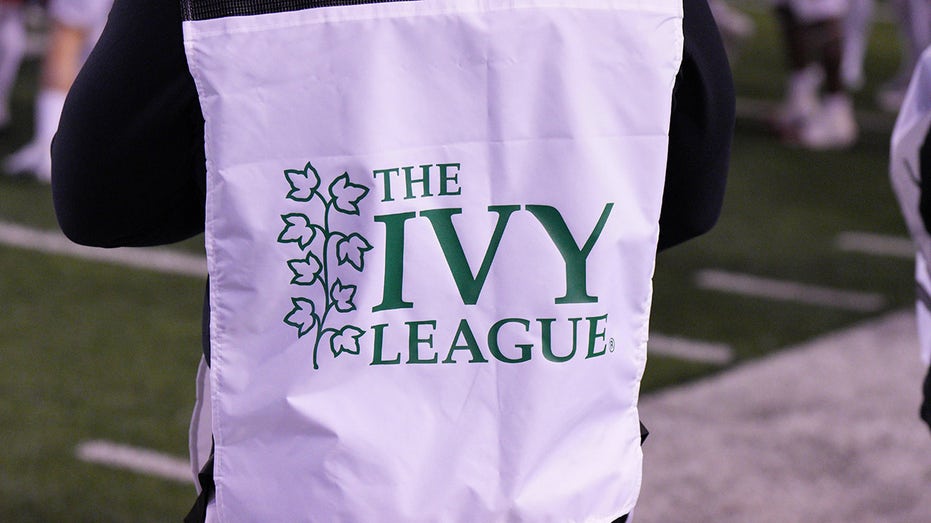Trump assassination task force grills Secret Service director in final meeting
The House task force assembled to review the assassination attempts on President-elect Trump's life held its final meeting on Thursday, grilling the acting Secret Service director before voting to soon release their final report. It was a meeting that stressed the bipartisan push for reform at the Secret Service, but that sentiment was overshadowed by...

The House task force assembled to review the assassination attempts on President-elect Trump's life held its final meeting on Thursday, grilling the acting Secret Service director before voting to soon release their final report.
It was a meeting that stressed the bipartisan push for reform at the Secret Service, but that sentiment was overshadowed by a tense exchange between Ronald Rowe, the agency’s acting leader, and Rep. Pat Fallon (R-Texas) over the director’s presence at a 9/11 event.
Rowe called the agency’s performance at the first shooting an “abject failure” — one that resulted in the death of one man and the critical wounding of two others in addition to a bullet striking Trump’s ear.
“I personally carry the weight of knowing that we almost lost a protectee and that our failure cost a father and husband his life. This entire incident represents the failure to meet the expectations and responsibilities of the Secret Service,” Rowe said in an opening statement, referencing the shooting in Butler, Pa.
But he and task force Chair Mike Kelly (R-Pa.) saw the second shooting in September as a different story, given agents’ ability to foil the planned attack from shooter Ryan Wesley Routh before Trump entered his line of sight on the president-elect’s Florida golf course.
“Secret Service security redundancies, while not flawless, got the job done,” Kelly said, referring to the multiple layers of protection used that day.
It was a reflective hearing, one in which Rowe continued to be critical of the agency he has led since former Director Kimberly Cheatle stepped down after a disastrous appearance before the House, where she was lambasted by members on both sides of the aisle for failing to answer basic questions about what happened.
The Secret Service has already completed its own internal review of the attack, one that blamed a culture of complacency in the agency and a failure to account for the real risks to its protectees as well as planning and communications lapses.
In responding to a question from Kelly about what he considered the agency’s biggest mistake on July 13, Rowe pointed to the failure to secure the building from which shooter Thomas Matthew Crooks fired shots and to “recognize its significance” in the security setting.
“That to me is glaring, and those are basic tenets — fundamental — of what an advance team is supposed to identify risks and mitigate risks,” Rowe said.
“We did not do that on the 13th.”
But the agency’s tech issues were also a major focus of the hearing, given that agents and local law enforcement assisting in Butler were unable to communicate over the same radio system.
“It's just wild to me that in 2024, our nation's premier law enforcement agency, on July 13, was using text messages on their personal cellphones, literally sending emails in some cases, to deliver relevant information and scribbling messages on paper and not using a system,” said ranking member Jason Crow (D-Colo.).
He described a new system that has been implemented “in part” but asked if the agency was considering more advanced systems used by the military.
Rowe said the agency already does this for major events like the Super Bowl and others designated as “national special security events.”
“We should be able to do this, and we can do this on a smaller scale,” Rowe said.
Not all were focused on communications issues, however, with Rep. Mark Green (R-Tenn.) arguing his colleagues have been too focused on technology.
“The lack of attention to detail, lack of sense of urgency, complacency. These are leadership issues. These are command leadership issues,” he said.
“That's the thing that concerns me the most.”
Rowe has said he wants to end the “doing more with less” culture within the agency, something he has said is “not consistent with achieving a no-fail mission” but also requires more funding.
Tensions flared at the end of the hearing when Fallon asked Rowe about his attendance at a 9/11 event, showing a photo in which Rowe is positioned next to President Biden. Fallon alleged that Rowe bumped protective agents from being in a prime position for the event.
The acting director erupted in anger, saying the protective detail was just outside the frame of the photo.
“That is the day where we remember the more than 3,000 people that died on 9/11. I actually responded to ground zero. I was there, going through the ashes of the World Trade Center,” he said, telling Fallon he was at the memorial to “show respect” for a Secret Service agent who died in the attack.
“Do not invoke 9/11 for political purposes,” Rowe shouted at Fallon.
Fallon responded, “Don’t try and bully me.”



